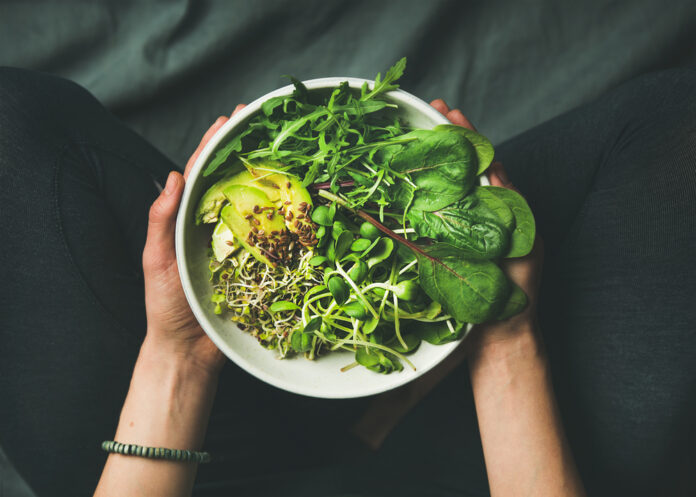
Whatever your reasons for choosing a vegan diet, whether it’s compassion for animals, the environment, your health, or just to try the ever-growing trend of a plant-based diet, you need to be sure that you’re making the right food choices to avoid serious dangers, health complications, or potential issues.
Even though research shows that a plant-based diet has numerous benefits, such as lowering cholesterol, blood pressure, and body mass index — in addition to being more cost-effective — all restrictive diets come with risks.
What is veganism?
Veganism is the act of eating a vegan diet, which is abstaining from the consumption of any and all animal products — including dairy, eggs, and, sometimes, even honey and sugar.
Having a vegan diet can be different than having a whole-food, plant-based (WFPB) diet because WFPB often means avoiding processed foods and oil. This is perhaps one of the biggest dangers of veganism: the assumption that because a WFPB diet has so many benefits, a vegan diet can as well.
However, because a standard vegan diet can include processed foods, someone following this diet can solely consume mock meat and other processed foods advertised as meat and dairy alternatives, which is not healthy.
Mock meats and other alternative food choices can be higher in sodium, which is linked with higher blood pressure. This seems contradictory to research claiming that a plant-based diet can lower blood pressure; however, it’s because, again, WFPB is different.
Other potentially dangerous ingredients in vegan-marketed food are the genetically engineered ones like soy leghemoglobin and higher saturated fat contents.
Additional potential dangers to veganism are related to possible risk factors with certain diseases like Chron’s disease or people with extreme allergies.
Those suffering from Chron’s disease, or similar gut issues, need to avoid foods like beans, high-fiber fruits, nuts, and seeds. These foods are said to irritate the gut; however, these foods are a primary source of proteins and other needed nutrients in a vegan diet.
Because it’s important to avoid processed food, a healthy vegan diet would rely on beans and nuts to get its protein. This would be a risk gut inflammation and major issues, if not modified.
Many of the standard food choices in a vegan diet are also among the most common food allergies, which include things like soy and nuts.
As mentioned, there’s a large difference between being vegan and being whole food plant-based. While the two can be used interchangeably, non-WFPB vegans open themselves up to more risk if health factors aren’t considered and food labels aren’t reviewed.



















